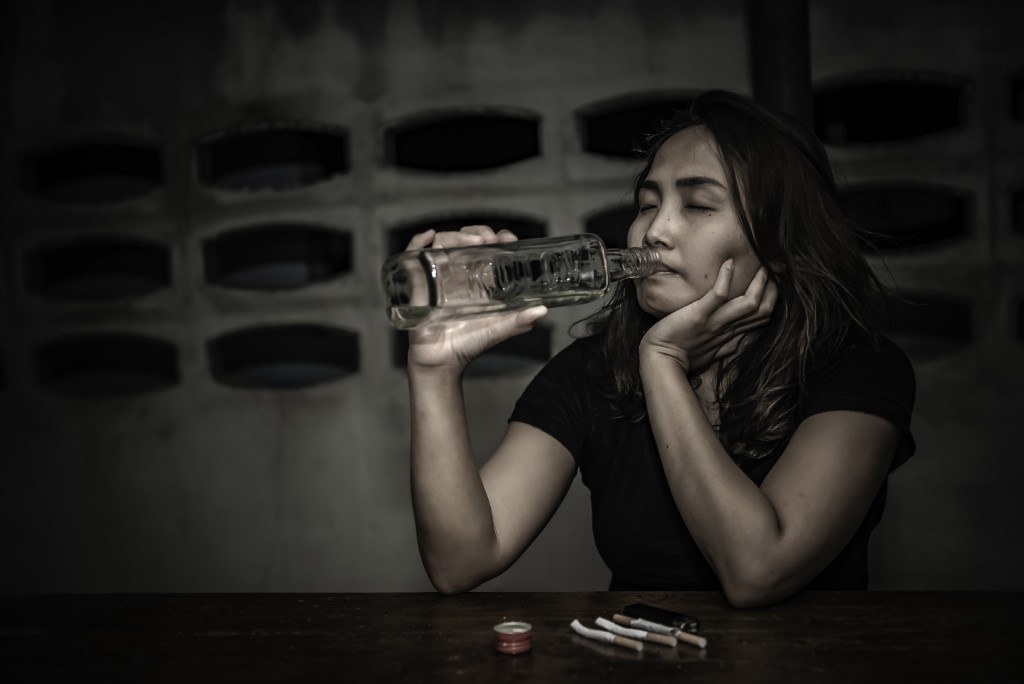As someone grappling with alcohol addiction, or watching a loved one struggle, you might think the real cost lies in broken relationships, job loss, or deteriorating health. But let’s talk about another cost that’s often overlooked: the financial aspect of treating addiction. When you or a loved one finally takes the step to seek treatment, you may encounter sticker shock. In South Africa, where economic strain is already a common issue, this can discourage people from taking that crucial step toward recovery.
The Reality of Treatment Costs
Treatment doesn’t come cheap. From the initial consultation to detoxification, outpatient or inpatient care, and follow-up sessions, the expenses add up quickly. Little-known fact: South Africa has one of the highest rates of alcohol consumption per capita in Africa. Yet, public funding for addiction treatment is limited. For you, this means longer waiting times at public hospitals and a lower standard of care if you can’t afford private treatment.
Your Funding Options
Fortunately, there are ways to finance your treatment. Medical insurance can cover a portion of the costs, though it often doesn’t cover the full range of treatments you may need. Employee Assistance Programs (EAPs) are another avenue, with some South African companies offering partial funding for addiction treatment. You can also explore loans, but be cautious about the long-term implications of debt.
A Risk We Can’t Afford
Substance abuse isn’t an isolated problem; it’s deeply interconnected with other pressing issues in South Africa, such as poverty, unemployment, and social inequality. Ignoring addiction doesn’t just perpetuate the cycle of abuse; it exacerbates these broader challenges, creating an even more complex web of problems for individuals and communities alike.
Loss of Productivity
First, let’s discuss what untreated addiction means for productivity. Whether it’s you who are addicted or someone in your family, the constant physical and emotional toll makes maintaining regular employment exceedingly difficult. Frequent absenteeism, lowered performance, and eventual job loss are often the outcomes. For South Africa, which already faces high unemployment rates, losing even more members of the workforce to addiction is a devastating blow. We’re not just talking about lost wages; we’re talking about the broader economic impact, including reduced consumer spending and increased reliance on social support systems.
The Legal Implications
The spiral doesn’t stop at job loss. Substance abuse increases the risk of engaging in illegal activities, whether to fund the addiction or as a result of impaired judgment. In South Africa, the cost of incarceration is staggering, not just in terms of the financial burden on the state but also the human cost. Your potential incarceration isn’t just a personal loss; it’s a societal loss, too. It adds to overcrowding in prisons, costs that eventually get passed down to taxpayers, and it does little to address the root problem: addiction itself.
Escalating Healthcare Costs
Healthcare is another significant arena where ignoring addiction will cost you and the system more in the long run. Alcohol-related diseases like liver cirrhosis, cardiovascular disorders, and a higher propensity for accidents put an enormous strain on the healthcare system. In a country where healthcare resources are already stretched thin, can we afford to have beds occupied and medical staff overwhelmed by preventable diseases?
The Sum of All Fears
The cumulative impact of untreated addiction in South Africa is not just a headline; it’s a crisis that’s unfolding in real-time, touching nearly every aspect of society. You’ll find its fingerprints on economic instability, the legal system, and public health. And while treatment comes with its own set of costs, the long-term price of allowing addiction to fester is astronomically higher—both in financial terms and the degradation of the quality of life for you and your community.
So, the question isn’t really whether we can afford the cost of treating addiction; it’s whether we can afford not to. Ignoring this crisis, especially within the socio-economic context of South Africa, is a risk that neither you nor society can afford.
What are We Prioritizing?
As a society, we need to reevaluate our priorities. Is the cost of treatment truly more burdensome than the long-term repercussions of untreated addiction? You, your families, and your communities are paying the price for every moment that alcohol addiction remains unaddressed. Financial planning for addiction treatment should be a serious consideration, not just for you but for public health planners and policymakers.
By focusing on the immediate cost of treatment, we overlook the bigger picture: the societal cost of untreated alcohol addiction. For you and many South Africans, it’s essential to weigh the financial aspects and understand that not seeking treatment is a choice we can’t afford.

